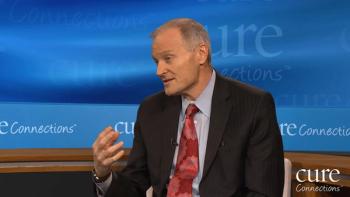
Diet and Exercise

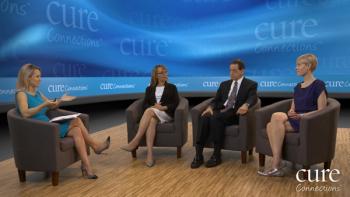
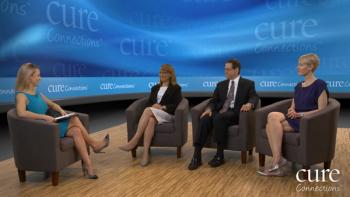
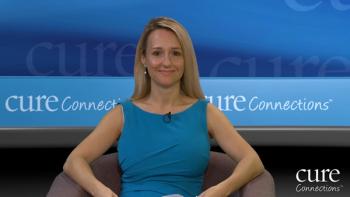
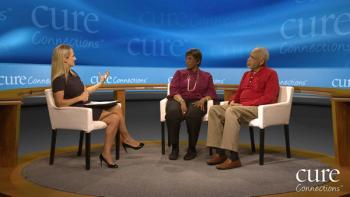
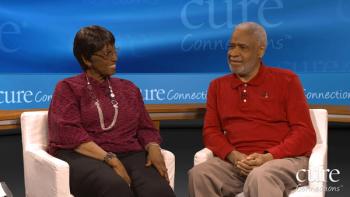
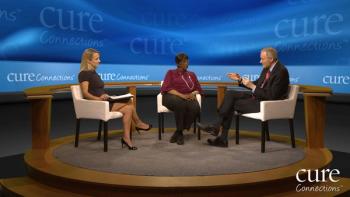
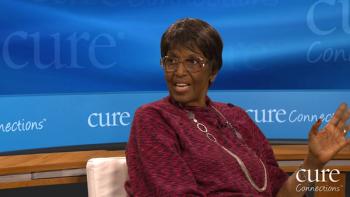
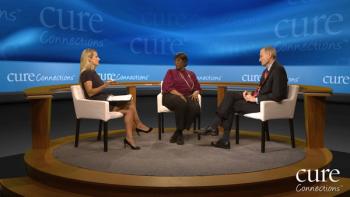
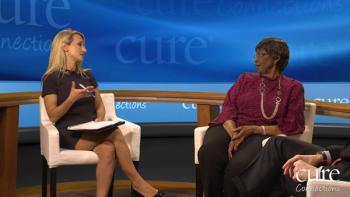
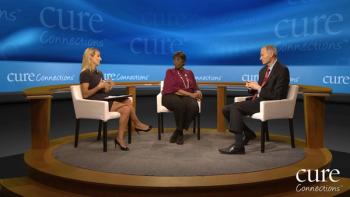
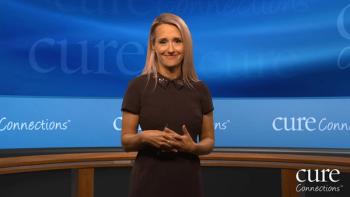

Sugar does not feed cancer cells any differently than it feeds healthy cells.

A new telephone-based intervention for breast cancer survivors is showing promise, and it involves them becoming more actively engaged in goal setting and problem solving with an eye toward accelerating their recovery by engaging in health-promoting activities such as exercise, stress management and healthy eating.

Jacquelyn Lauria, a nurse at The Cancer Institute of New Jersey, offers tips on how to make lifestyle changes after a cancer diagnosis.

Oncologist Anees B. Chagpar sums up the various studies that have looked at lifestyle changes and cancer risk.

Journalist Joan Lunden shares her experience with breast cancer, side effects and working through treatment.

Two recent studies outline the importance of nutrition in preventing obesity-related cancers, as well as the potential benefits of a nutrition education intervention in preventing breast cancer recurrence.

Findings from a long-term analysis of the Women's Intervention Nutrition Study (WINS) show that the deaths of women with hormone receptor–negative breast cancers were reduced by up to 54 percent when they followed a program to reduce their dietary fat intake, which could provide benefit for patients with triple-negative breast cancer.

People with cancer are encouraged to engage in honest, early discussions about diet with healthcare providers, not only to help them feel better during treatment, but also so that they will worry less.
